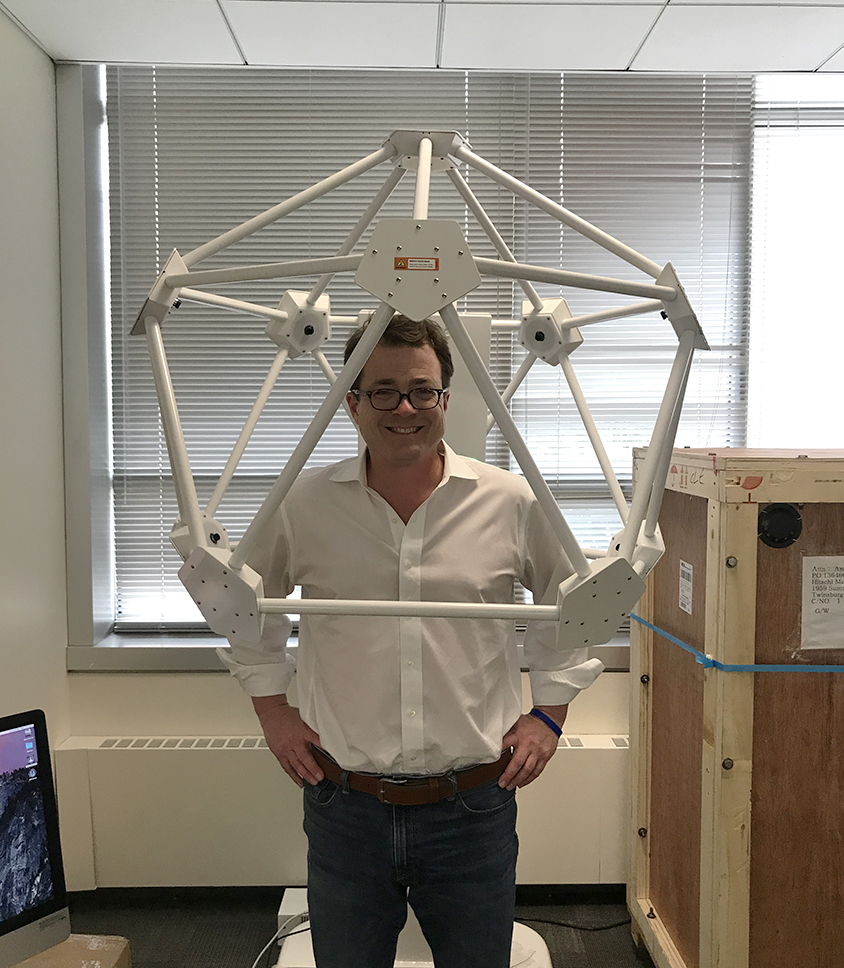
piranka / iStock
THIS ARTICLE IS MORE THAN FIVE YEARS OLD
This article is more than five years old. Autism research — and science in general — is constantly evolving, so older articles may contain information or theories that have been reevaluated since their original publication date.
Autism researchers are reeling from the possibility that the field’s most prized grants, the Autism Centers of Excellence (ACE) awards, may not fund some existing programs and may exclude others entirely.
ACE awards are considered the golden egg of autism grants. Each award supplies up to $1.5 million per year for up to five years. The National Institutes of Health (NIH) debuted the grants in 2007 and funded the last round in 2012. Researchers applied for the latest cycle late last year, and received their scores in April. The scores for some applications made it clear those programs would not get funded, but other scores were more ambiguous.
Since then, researchers have been waiting anxiously for the final decisions. At least one current grantee says her program won’t get renewed this year, based on the score her application received. Others are hopeful they’ll hold onto the prestigious funds, but are worried their programs may receive less than in previous award cycles. (NIH staff declined to comment on the status of the awards.)
The grueling wait, amid the threat of cuts to the NIH budget, has made for an uneasy summer.
“Every five years, we’re always nervous about whether they’re going to continue to fund autism research,” says Susan Bookheimer, a current ACE grantee and Joaquin Fuster Professor of Cognitive Neuroscience at the University of California, Los Angeles. “This year, of course, we were especially worried, because there were all these threats that there were going to be major cuts … to the NIH generally.”
Enormous impact:
The ACE program is part of a federal push going back 20 years to ramp up autism research in response to public health concerns. In 2012, the NIH gave approximately $100 million over five years to three centers and six networks. The NIH funded two additional networks in 2013. It is unclear how many centers and networks the NIH intends to fund this round.
The grants historically have backed projects geared toward developing therapies and revealing autism’s underlying mechanisms. These have included work scanning the brains of infants to uncover early markers of autism, and trials of the hormone oxytocin to improve social skills in children with the condition.
These projects have had “enormous impact” on improving outcomes for people with autism, says Ami Klin, director of the Marcus Autism Center in Atlanta.
Klin won a center grant in 2012 and applied for renewal this grant cycle. The initial scores reportedly unsettled the team. But Klin says he is optimistic his grant will be renewed.
Broad cuts:
It’s unclear how many labs applied for the most recent round of grants. The NIH declined to disclose these details.
Researchers sent in 100-plus-page applications by November 2016. Experts at the NIH’s Center for Scientific Review then scored the applications; the lower the score, the better the application’s shot at winning funds. Advisory councils within the NIH make the final call.
When applicants received their initial scores, news quickly spread that many high-profile teams had received poor scores. At a conference in April, researchers could talk about little else. Some researchers expressed concern about the quality of the review process, saying there were fewer autism experts on the initial review panel than in years past. (The researchers declined to comment on the record because of the sensitive nature of the process.)
Reports of the Trump administration’s plans to institute broad cuts to the NIH budget magnified researchers’ uncertainty over the grants’ future — although some of those fears were eased by Congress’ approval in May of a proposed $2 billion bump for the NIH.
“We’re still hopeful,” says Kevin Pelphrey, director of the Autism and Neurodevelopmental Disorders Institute at George Washington University in Washington, D.C., who won an ACE network award in 2012 to study autism in girls and applied for a network grant this round. His 2012 award yielded more than 50 papers published in high-profile journals such as Cell and Nature. “In the research business, you’re never certain until the money is already in the bank,” he says.

Aced it: Kevin Pelphrey is among several researchers in the running for an Autism Centers of Excellence grant.
Best-case scenario:
Others worry that even if approved, their programs will be cut back. Bookheimer says she was notified that funding for her center at the University of California, Los Angeles might drop from just under $1.5 million to around $1.1 million per year.
Bookheimer and her colleagues have had an ACE grant since 2007 to study small genetic mutations tied to autism, look for treatments and scan children’s brains to better understand social deficits.
“We are in the best-case scenario; we are lucky. And yet still we’re getting this big cut. It’s just really hard,” says Bookheimer. If her program is cut as she expects it to be, her staff may have to take pay cuts, she says.
Helen Tager-Flusberg’s team at the Center for Autism Research Excellence at Boston University received a center grant of $1.2 million per year in 2012. The team used the money to scan the brains of children who have trouble learning to speak.
This round, Tager-Flusberg opted to apply instead for a network grant. The grant would have let her team continue their work, including a two-stage treatment for minimally verbal children. But that work will be shelved for now, she says. Based on initial feedback from the NIH, her application is likely to be out of the running. Tager-Flusberg says she might carve parts of the application into separate grant proposals.
“We had some very positive reviews, and we also had reviews that pointed out that it was perhaps overly ambitious at this particular stage, that we were perhaps trying to do too much,” she says. “I took some of the criticisms to heart; I think they were right.”
The NIH lists the earliest start date for the grants as July, but researchers say they now expect the decisions to be announced in September.
By joining the discussion, you agree to our privacy policy.